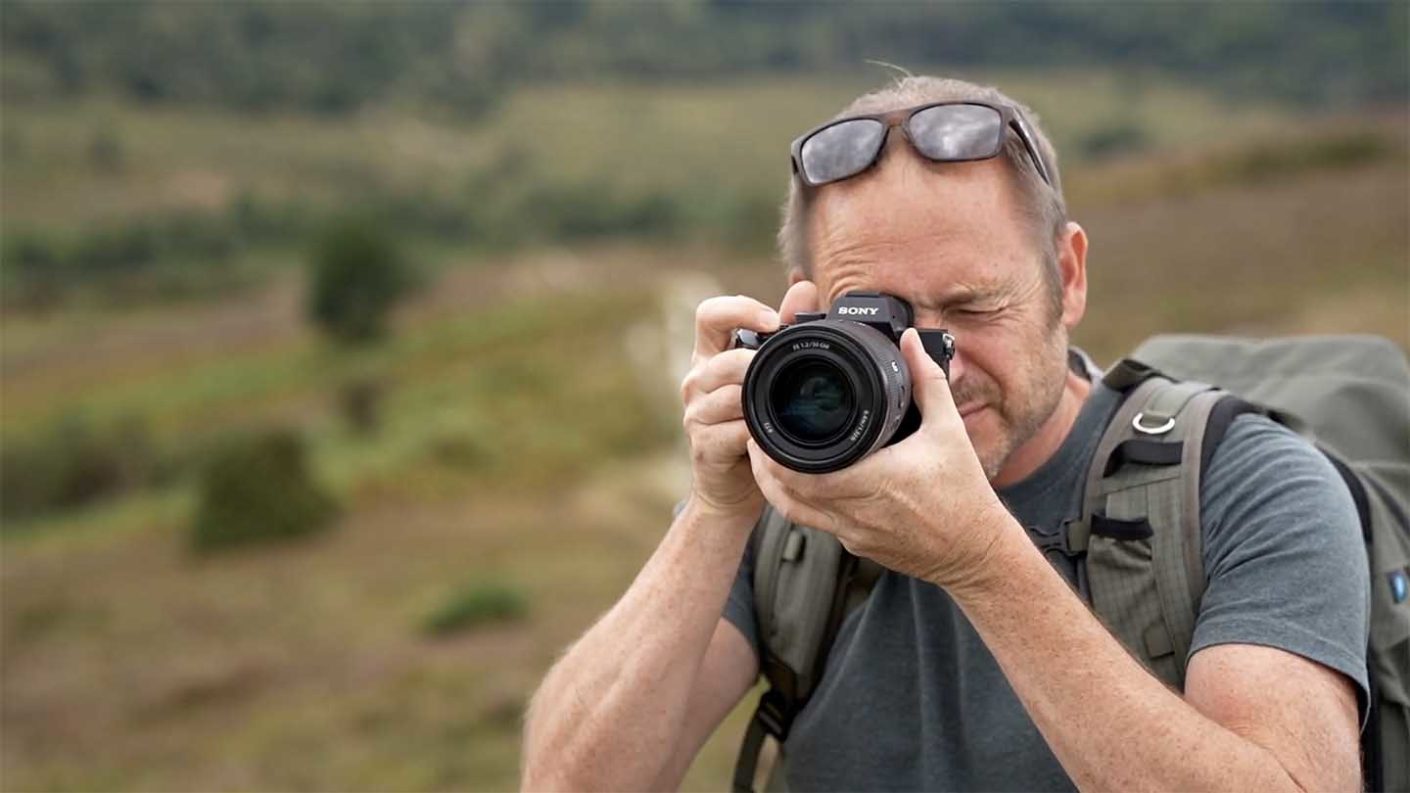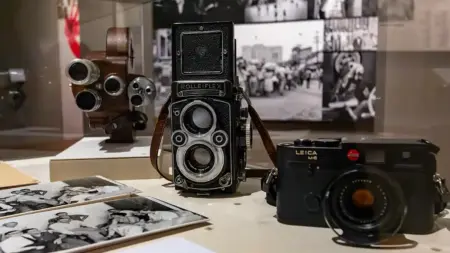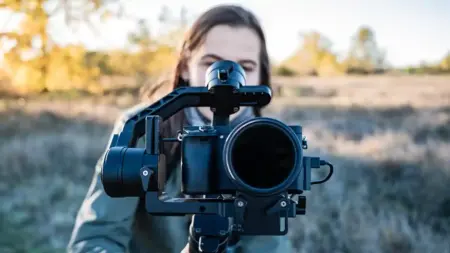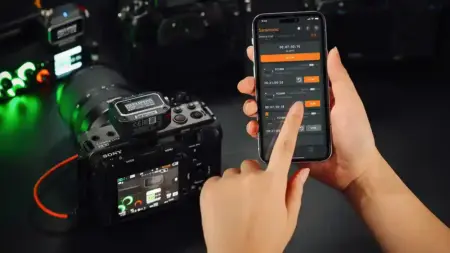Selecting the ideal camera is more than just a matter of pointing and clicking. With the technological advancements that have inundated the market, the array of cameras available is mind-boggling. From DSLRs and mirrorless options to compact point-and-shoots and advanced smartphone cameras, the choices seem almost limitless. Add to this the jargon like aperture, ISO, and megapixels, and the task becomes significantly more challenging, especially for those who are new to the world of photography.
However, the good news is that the perfect camera for your needs does exist; it’s all about knowing what those needs are and how to align them with the features on offer. Whether you’re a seasoned professional seeking to upgrade, or a hobbyist looking to capture memories in a tangible form, understanding your requirements is the first step in narrowing down your options.
Choosing the right camera can be a daunting task, especially with the sheer number of camera types, brands and options for different types of shooting that are available today. To make an informed decision that suits your needs and skill level, you should consider several factors.
- See our guide on Photography for Beginners
Skill Level
If you’re a beginner, it may be advisable to start with something simple like a point-and-shoot camera or even a smartphone. These options have intuitive interfaces and automated settings that make it easy for you to start capturing quality photos. As you gain more experience and develop your skills, you might find that you want to move on to more advanced options like DSLRs or mirrorless cameras that offer greater control over settings.
See our guides to the Best DSLRs and Best mirrorless cameras
Photographic Interests
Your interests in photography, whether it’s landscapes, portraits, action shots, or something else, will strongly influence your choice. The best action cameras are well-suited for capturing fast-paced events, while DSLRs and mirrorless options are more versatile and better for a broader range of shots.
Budget
Budget is a significant consideration when choosing a camera. While smartphones and point-and-shoots are generally more budget-friendly, DSLRs and mirrorless cameras can be expensive, especially when you factor in the cost of additional lenses and accessories. However, investing in a more expensive camera might be worthwhile if you’re serious about photography.
Size and Weight
The size and weight of a camera can be crucial factors depending on your needs. If you intend to travel or hike extensively, a bulky DSLR might not be the best option. In such cases, mirrorless cameras offer similar features but are usually more compact and lightweight.
Future-Proofing
Technology is continually evolving, and this holds true for cameras as well. Mirrorless cameras are considered the future of photography by many, so investing in one could be a smart choice for long-term use. Similarly, the rapid improvements in smartphone camera technology make them a viable option for various types of photography.
Additional Features
Some photographers might require specialised features like waterproofing, 360-degree capture or AI-enabled settings. Specialised cameras serve these unique needs, but they usually come with a steeper learning curve and higher price tags.
Hands-on Experience
If possible, it’s always beneficial to get some hands-on experience with a camera before making a purchase. Visit a local camera store, or borrow a friend’s camera to get a feel for what suits you best.
By considering these factors, you can make a more informed decision that aligns with your skill level, interests and budget. The camera you choose will significantly influence your photographic journey, so take the time to select a model that will not only meet your current needs but also adapt to your evolving skills and interests.





Leave a Reply